Scientists at the University of California, Davis have identified a previously unrecognized trapdoor spider species, Aptostichus ramirezae, living in California's coastal sand dunes. The discovery was made by researchers who conducted genetic analysis on the spider, revealing it to be distinct from its close relative, Aptostichus simus, which occurs along the shoreline from Monterey to Baja California, Mexico.
According to Dr. Emma Jochim, a researcher involved in the study, "The genetic analysis revealed that Aptostichus ramirezae is a unique species that has been hiding in plain sight beneath California's beaches." The species was named after pioneering arachnologist Martina Ramirez in recognition of her contributions to the field of arachnology.
The researchers warn that shrinking coastal habitats could threaten the survival of both Aptostichus ramirezae and Aptostichus simus. "As we continue to lose coastal habitats due to erosion and development, we risk losing these unique species forever," said Dr. Jochim. "It's essential that we take steps to protect and preserve these habitats to ensure the long-term survival of these and other species."
Aptostichus ramirezae is a type of trapdoor spider, which is characterized by its ability to create a trapdoor-like opening in the sand to catch prey. These spiders are an essential part of the ecosystem, serving as both predators and prey for other animals.
The discovery of Aptostichus ramirezae highlights the importance of continued research and exploration of the natural world. "There is still so much to learn about the diversity of life on our planet," said Dr. Jochim. "This discovery is a reminder that there is still much to be discovered, and it's essential that we continue to support scientific research and exploration."
The study was published in a recent issue of a scientific journal, and the researchers are currently working to learn more about the behavior and ecology of Aptostichus ramirezae. As the researchers continue their work, they hope to shed more light on the importance of preserving coastal habitats and the unique species that call them home.
In related news, the University of California, Davis is planning to conduct further research on the impact of coastal development on marine ecosystems. The study aims to provide a comprehensive understanding of the effects of human activities on the environment and the species that inhabit it.
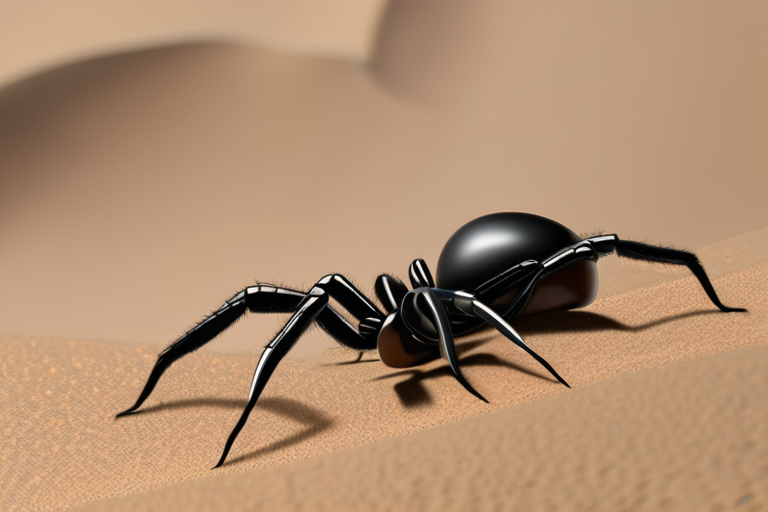

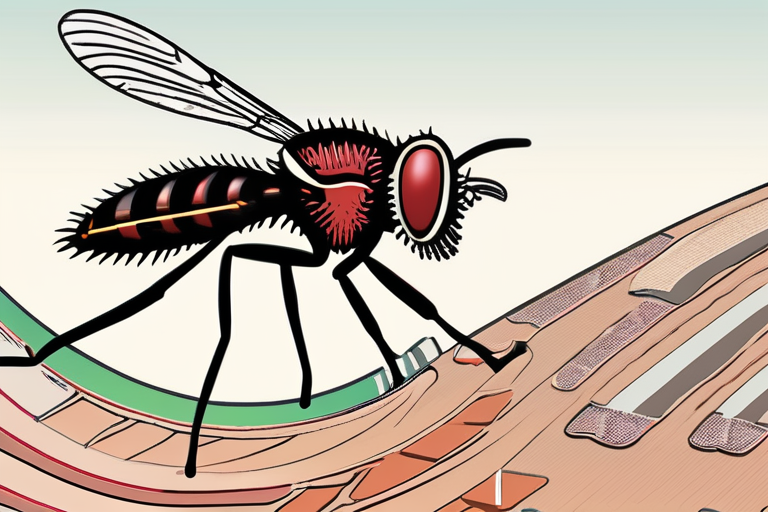
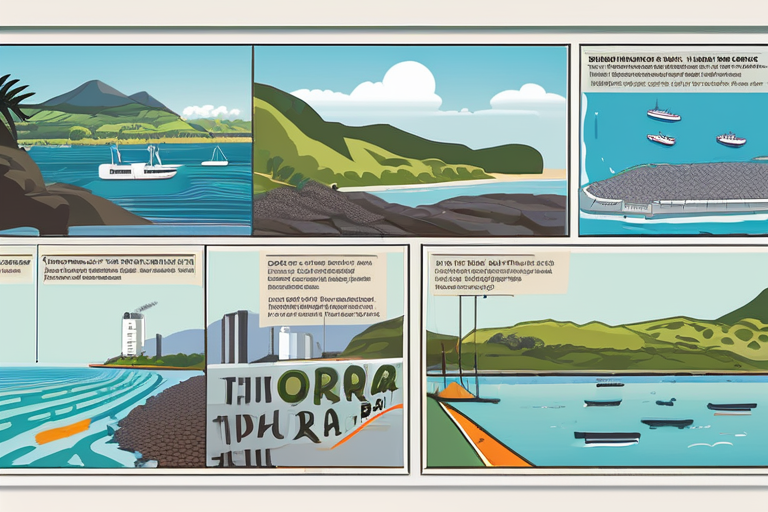
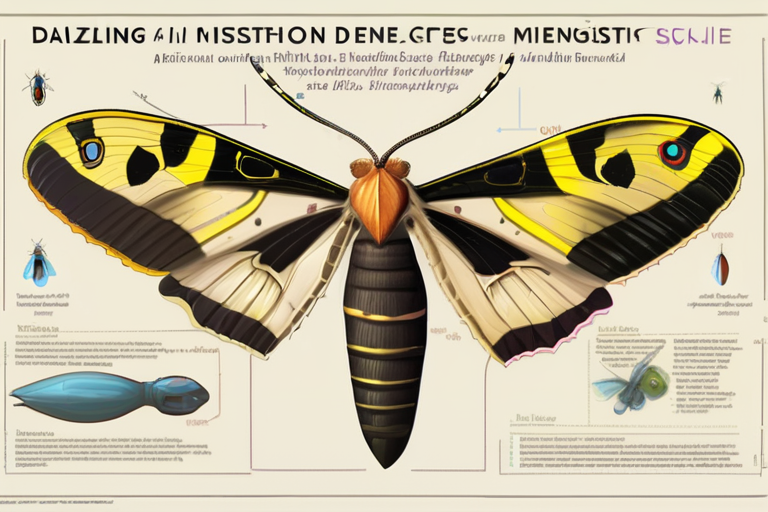


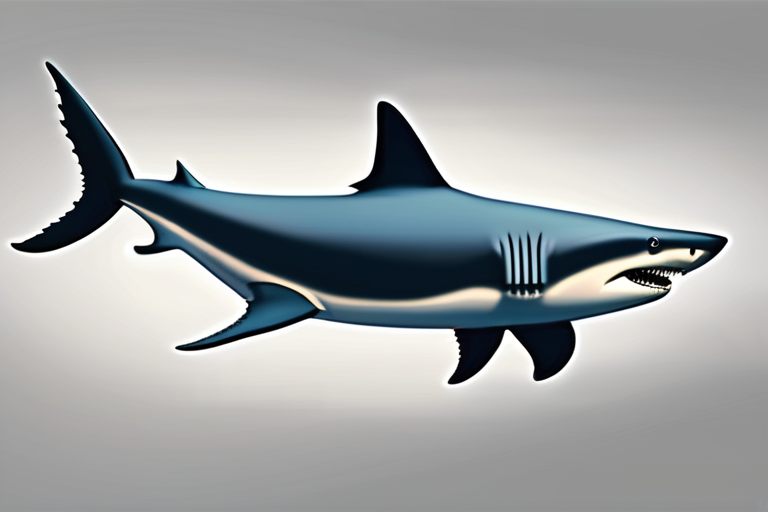
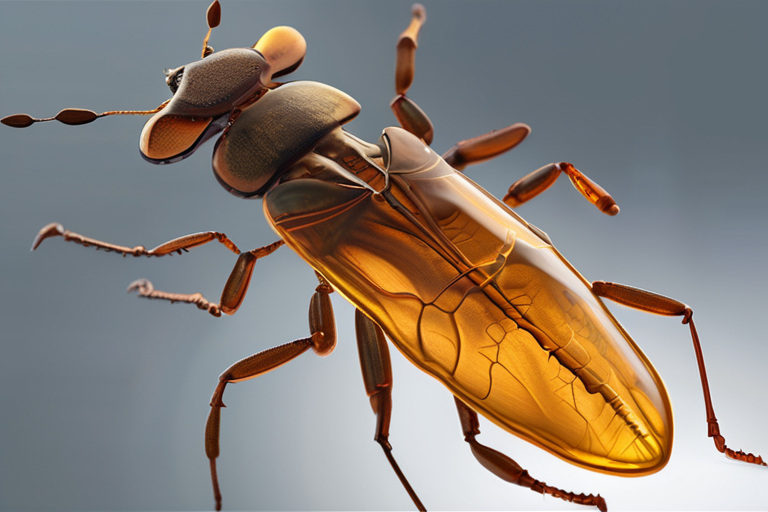
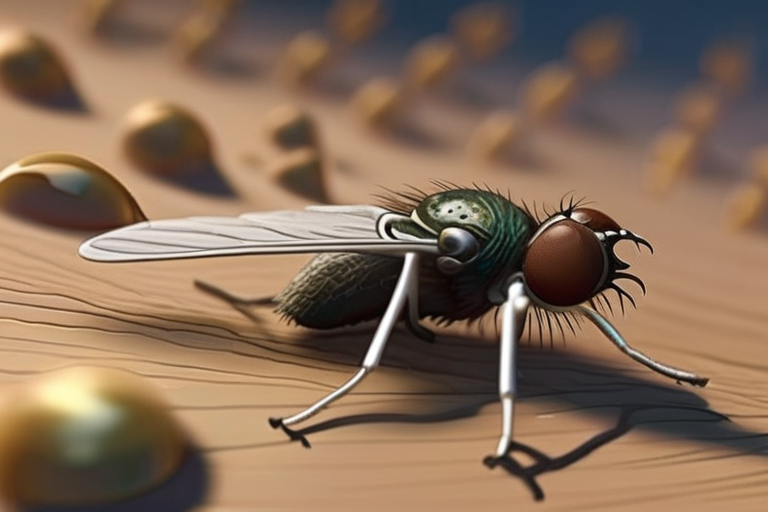


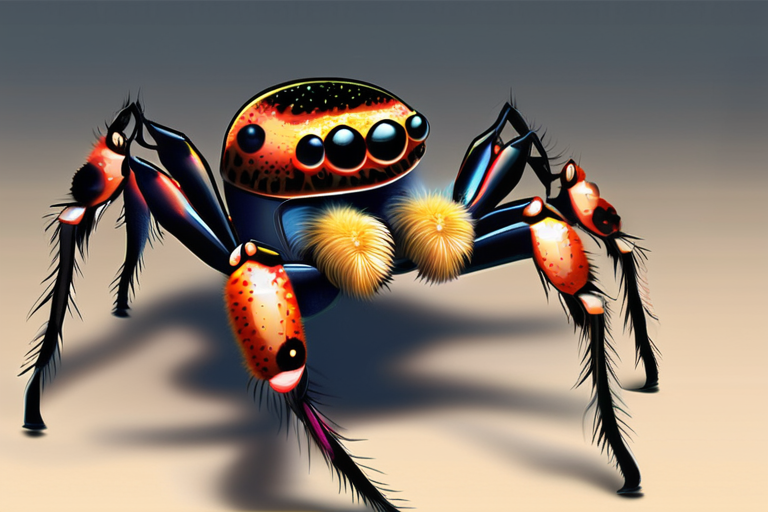
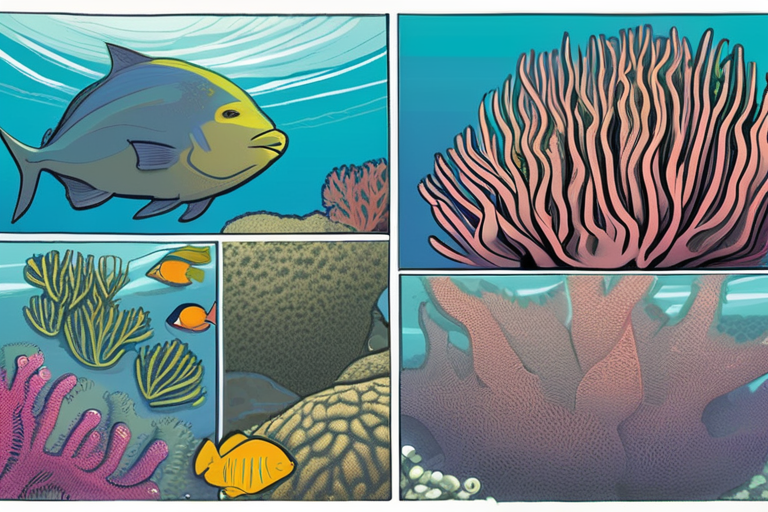



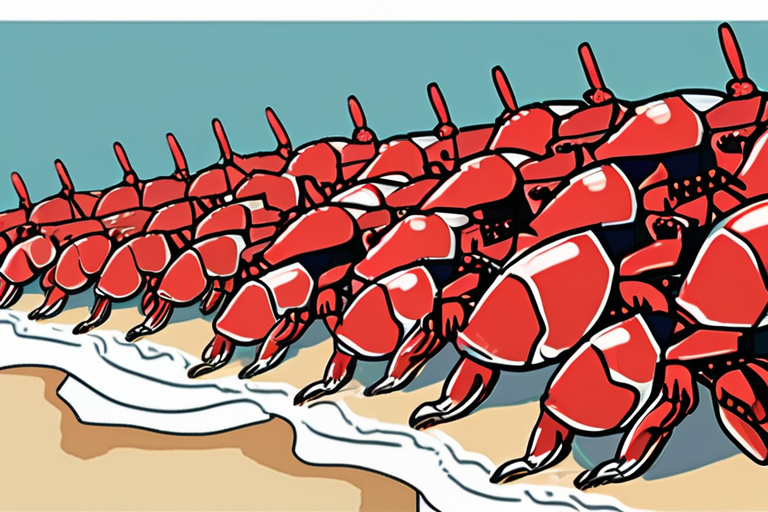
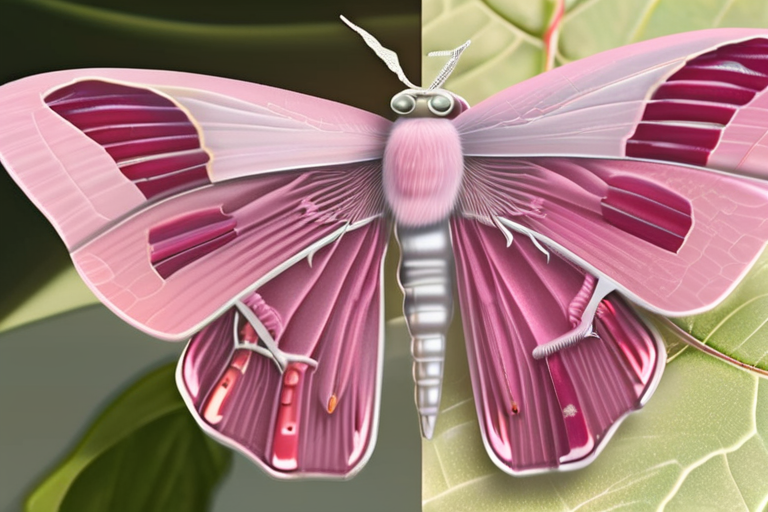

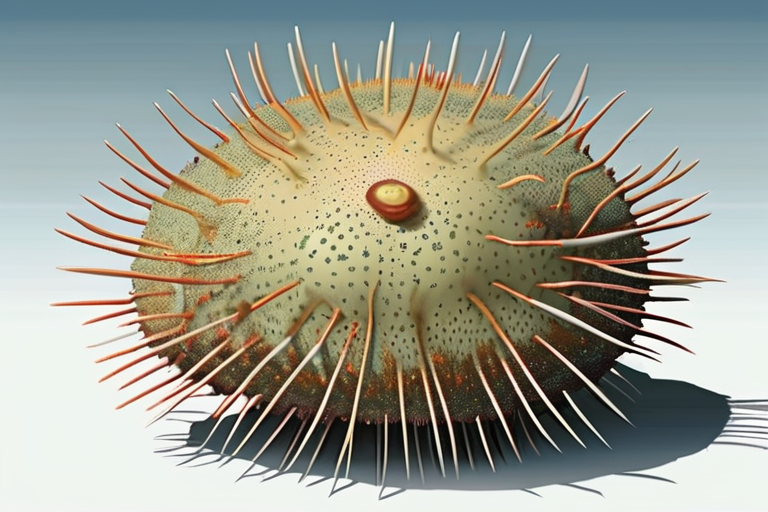
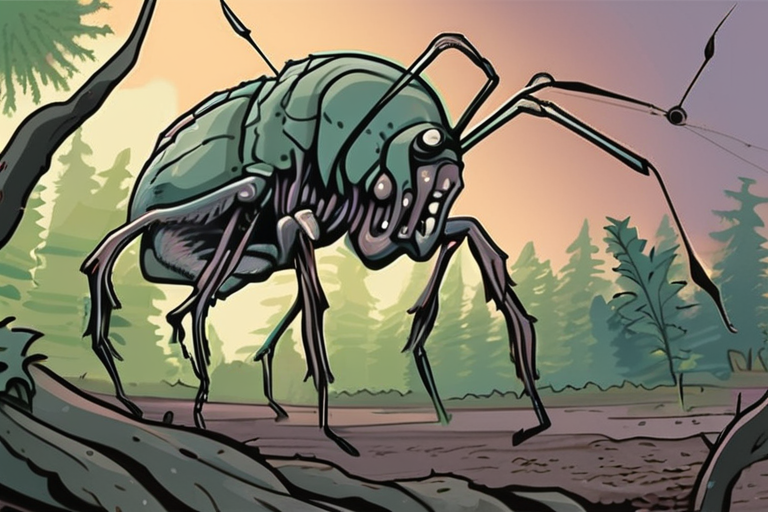

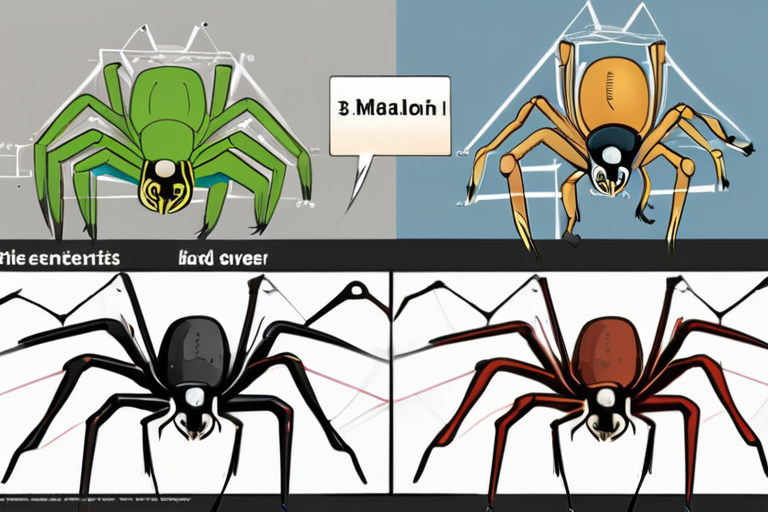
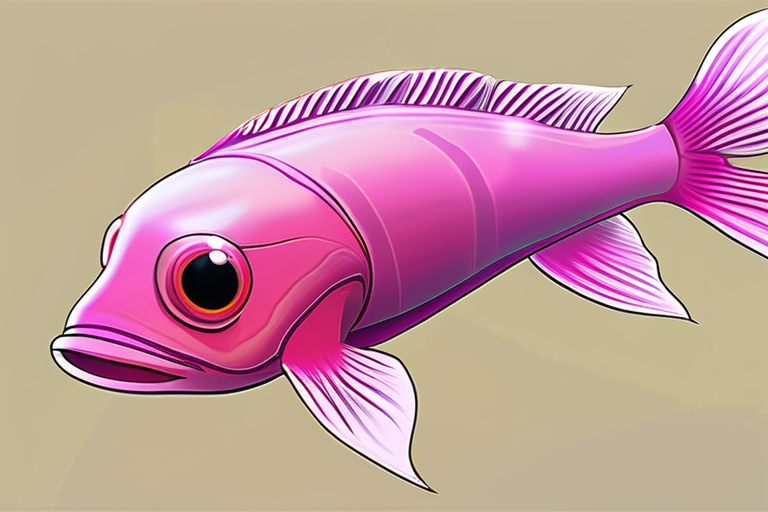
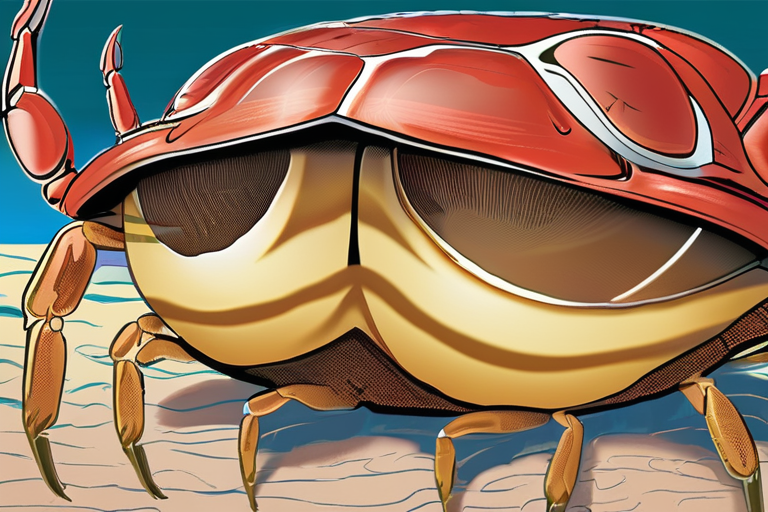
Share & Engage Share
Share this article